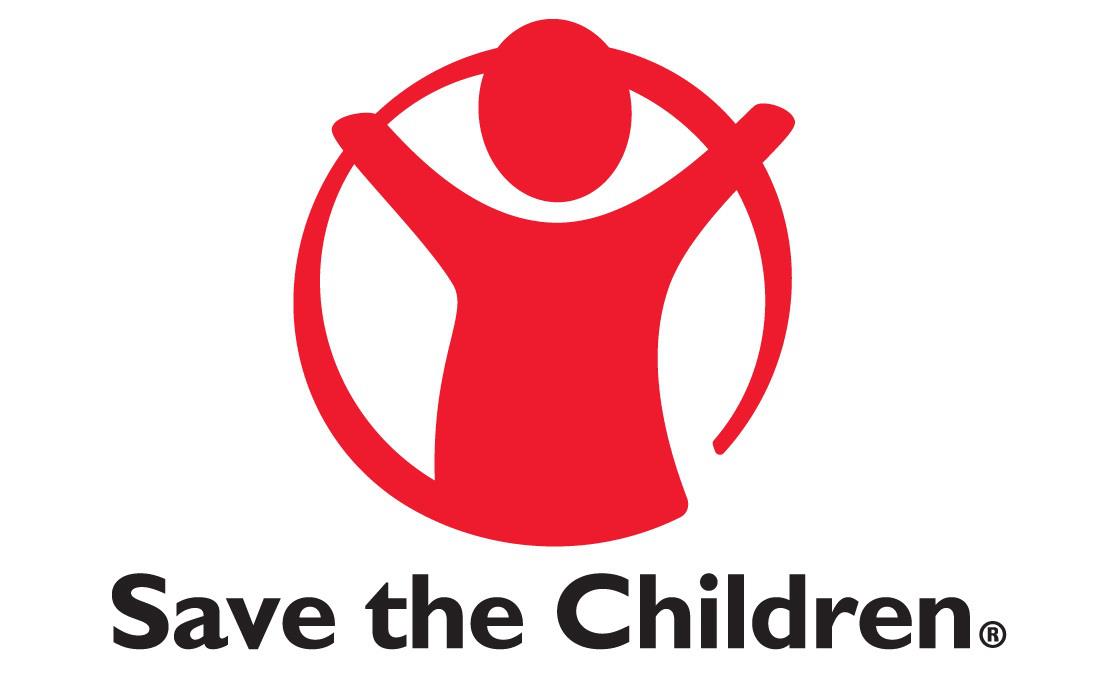Community / Land projects / CO-Uganda
CO-Uganda

€0
01/19 - 12/23
Completado
This project is part of
Implementing Organisations
Donors
Data Providers
General
SIDA II GROW - Transforming the food system to eradicate hunger and fight inequality. Uganda. Uganda is considered one of the world's most vulnerable and least climate-resilient countries (National Adaptation Plan 2015). Changing climate patterns, such as increased droughts, floods and variable precipitation cycles, have a serious impact upon water and other natural resources, agricultural production and rural livelihoods. Climate change has also hard a diverse effects on land use and land resources which has had a directnegative impact on small holder farmers and more especially women who depend on land as the means of production hence accelerating high poverty levels as incomes from agricultural production is increasingly receding. Uganda has several laws, policies, plans, programs, and strategies that favor sustainable agriculture including the National Environmental Management Policy National Land Use Policy (NLUP 2007), the National Policy for the Conservation and Management of Wetlands Resources, National Land Policy, the draft Uganda Organic Agriculture Policy 2009, the Climate Change and Disaster Risk Reduction policies etc. Uganda is also party to several international frameworks including the Paris agreement, Comprehensive African Agricultural Development Program (CAADP), Sustainable Development Goals, the Voluntary Guidelines on the Responsible Governance of Tenure of Land, Fisheries and Forests in the Context of National Food Security (VGGT) among others. However, the implementation of these laws, policies and international undertakings has been problematic with several commitments unfulfilled. Oxfam in Uganda is proposing influencing the government of Uganda, regional bodies and global governments for adequate financing for climate adaptation models for small holder food producers especially women and youths. We would like to see effective implementation of climate change, agriculture and land policies in the best interest of female small-scale producers and youths. This will include transparency in handling climate adaptation and land resources and resourcing from international sources inclusive budgeting at local and national levels. We would like to see responsible adaptation planning and intentional increased budget allocation to theagriculture sector as well as robust land tenure system that supports small scale food producers capacities. We propose capacity enhancement for govt agencies, community groups, CSOs to be able to effectively advocate for increased Investment in climate adaptation models/approaches that enhance food production among small scale female producers and youths. We will engage the wider public through digital, radio, media and off-line sensitizations and campaigns to demand for increasing financing of adaptation in the agriculture as well as a secured land tenure system that protects small scale female food producers. Other initiatives will include a people#s parliament live televised debate on issues around climate change, impact and the action that people want from the government, and human stories of famers and climate resilience.




